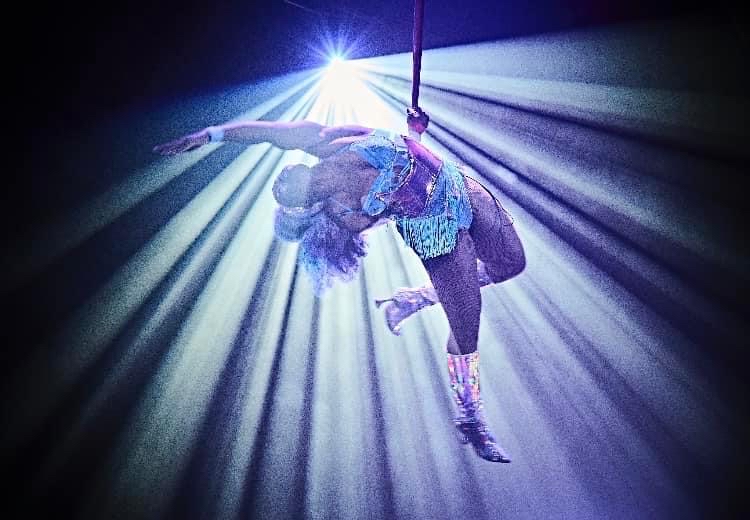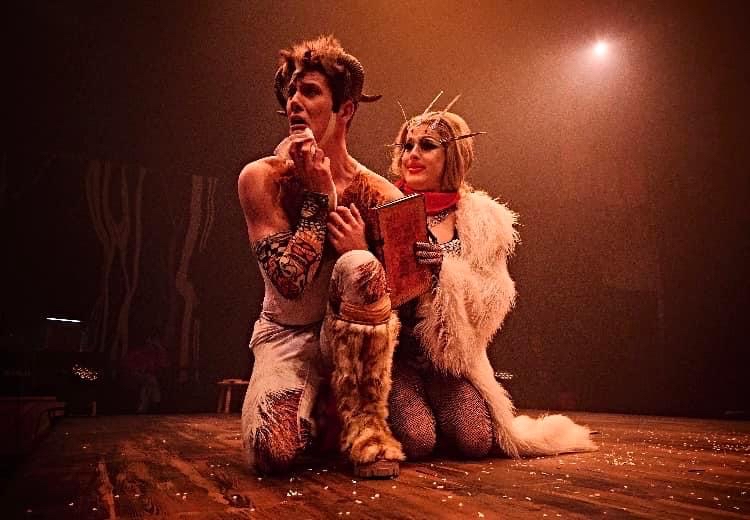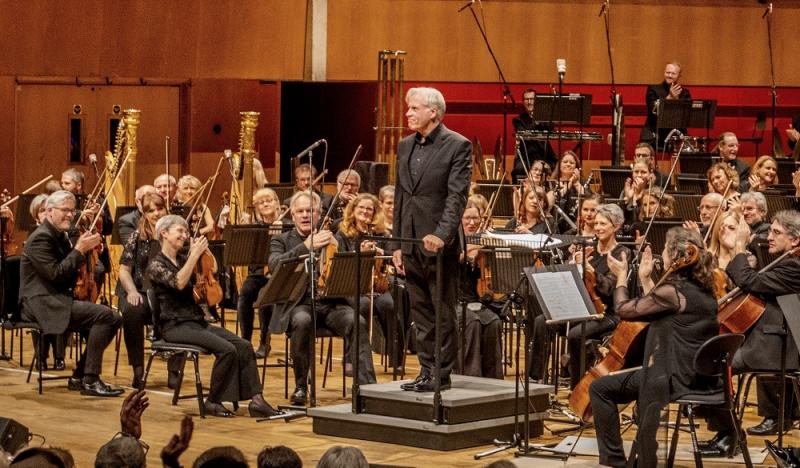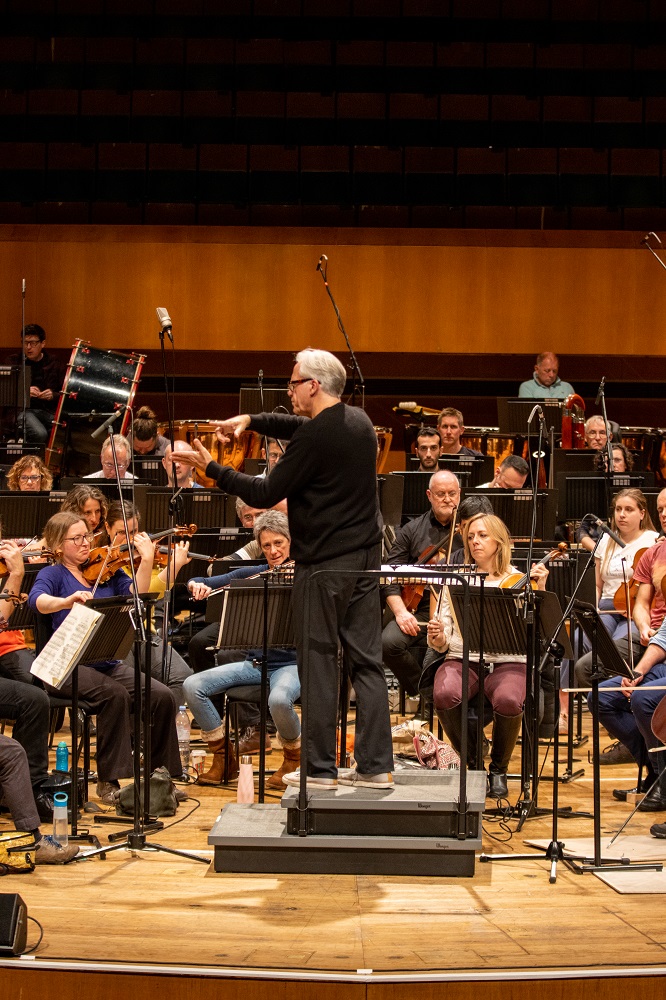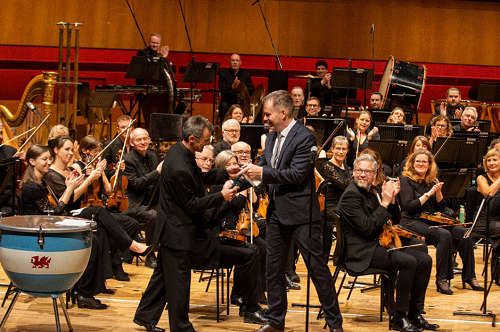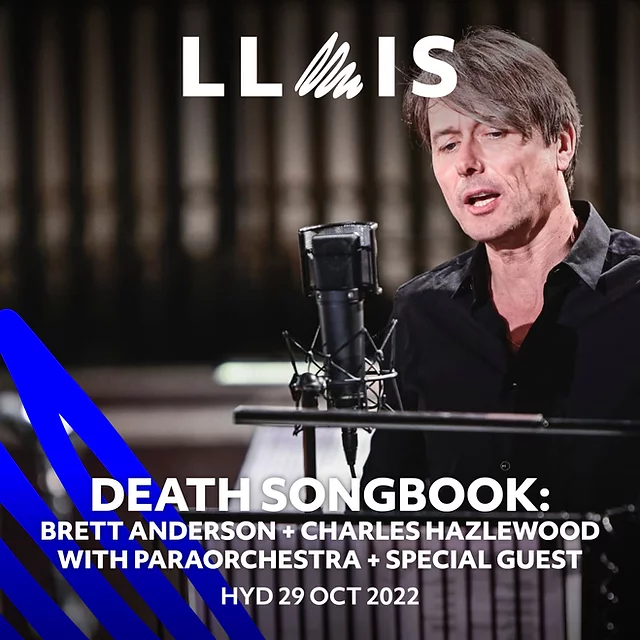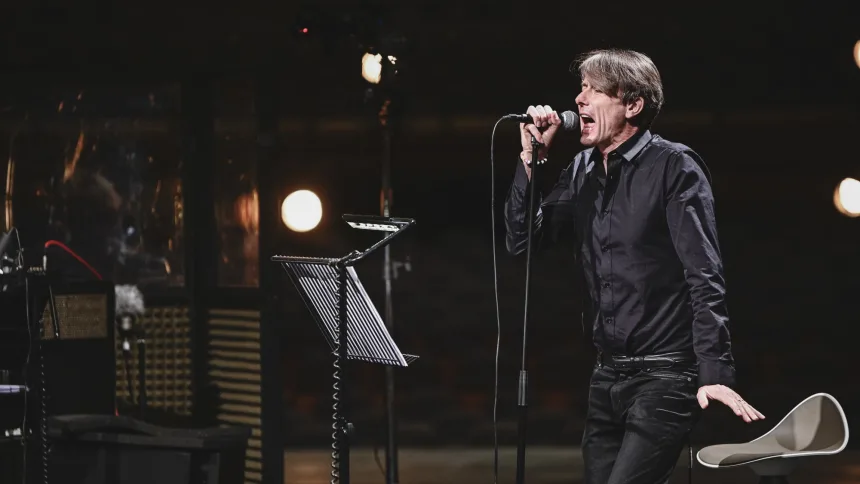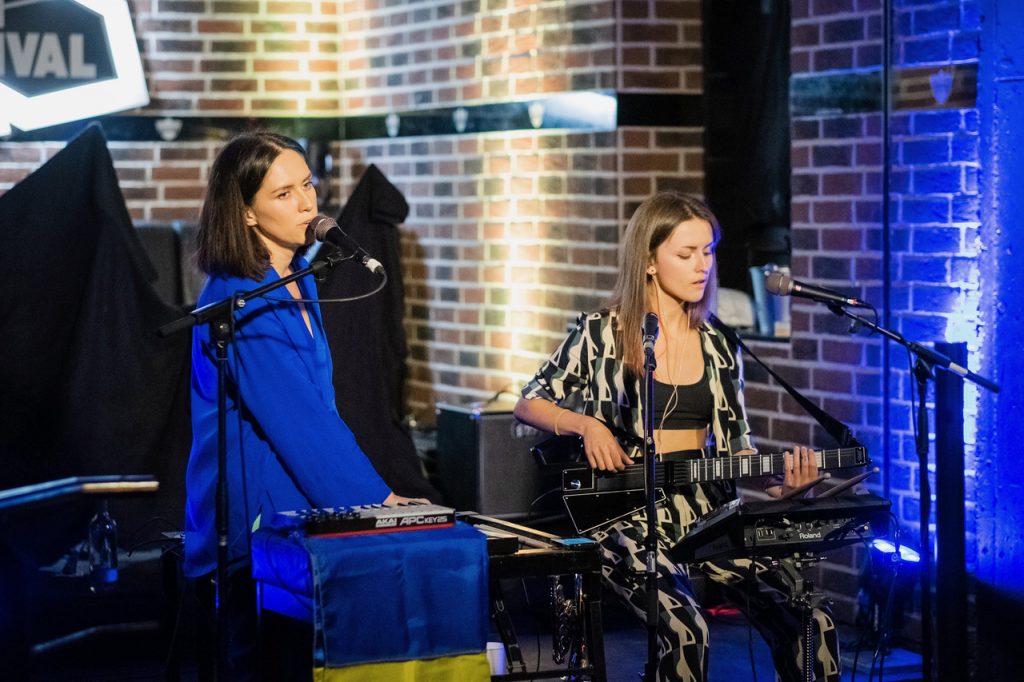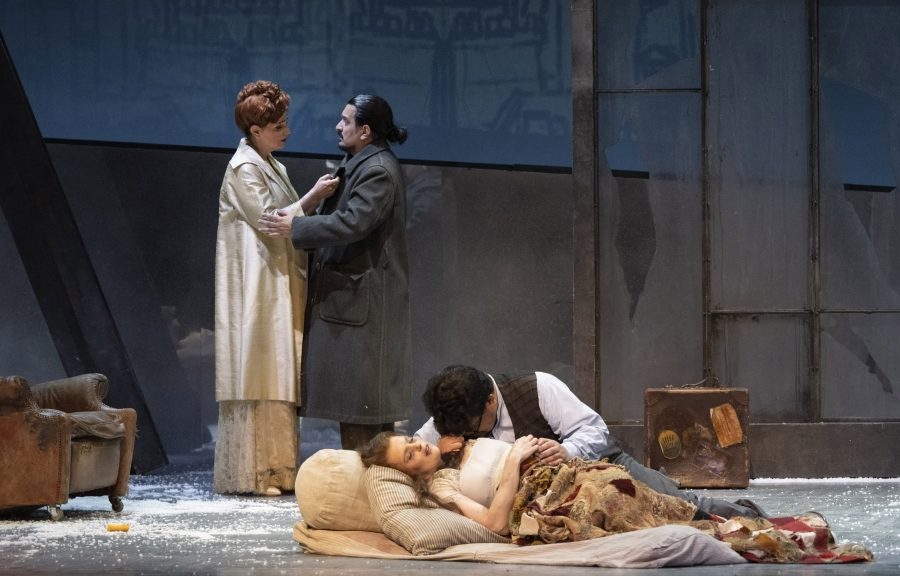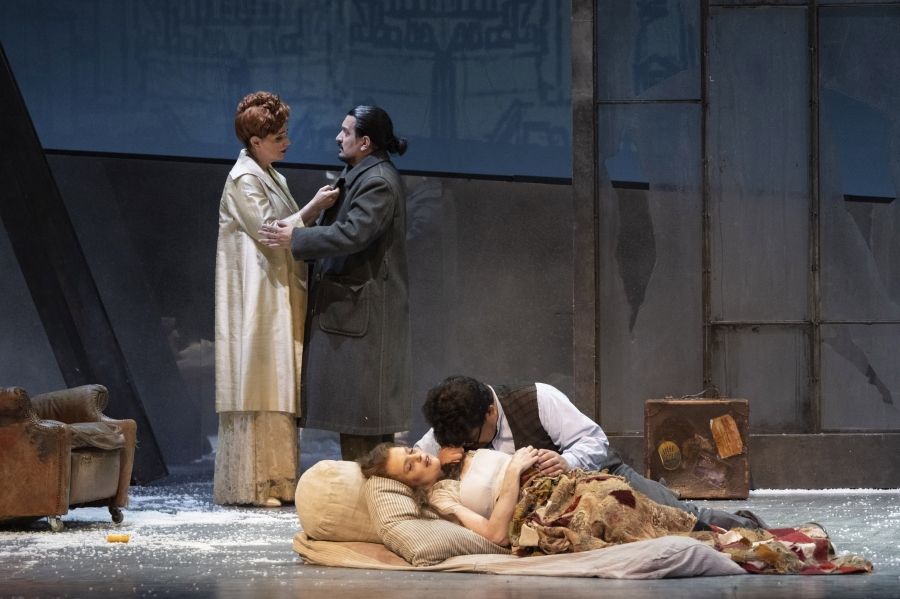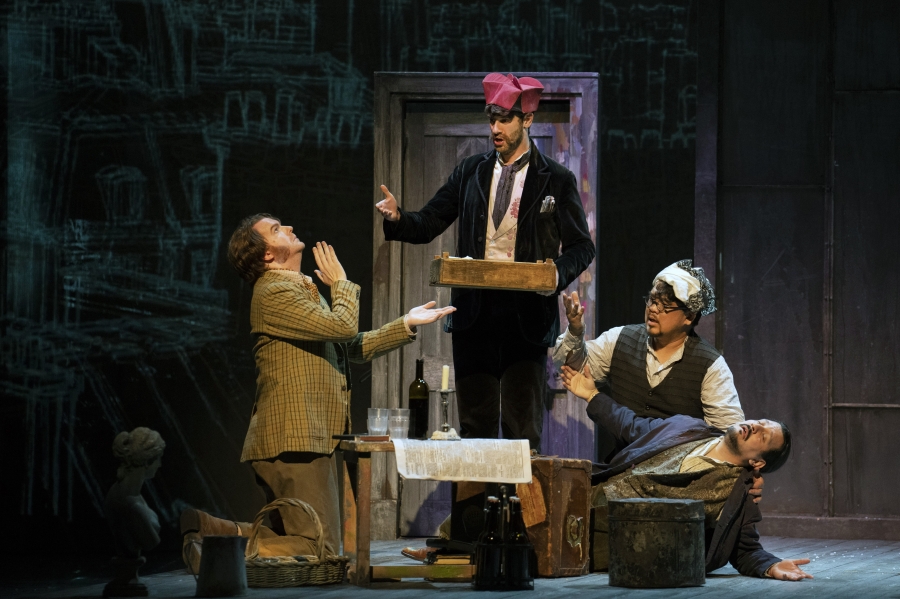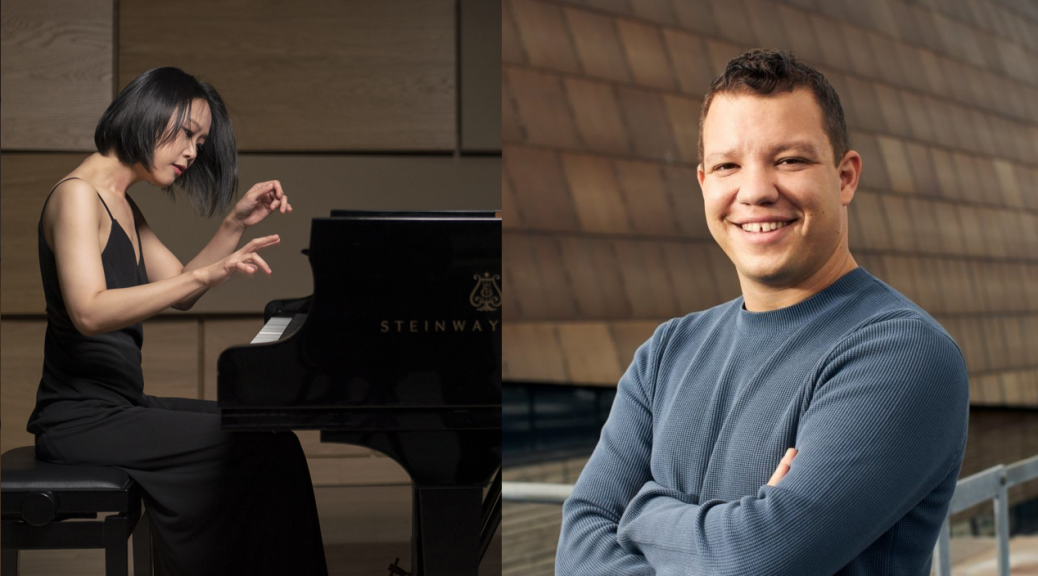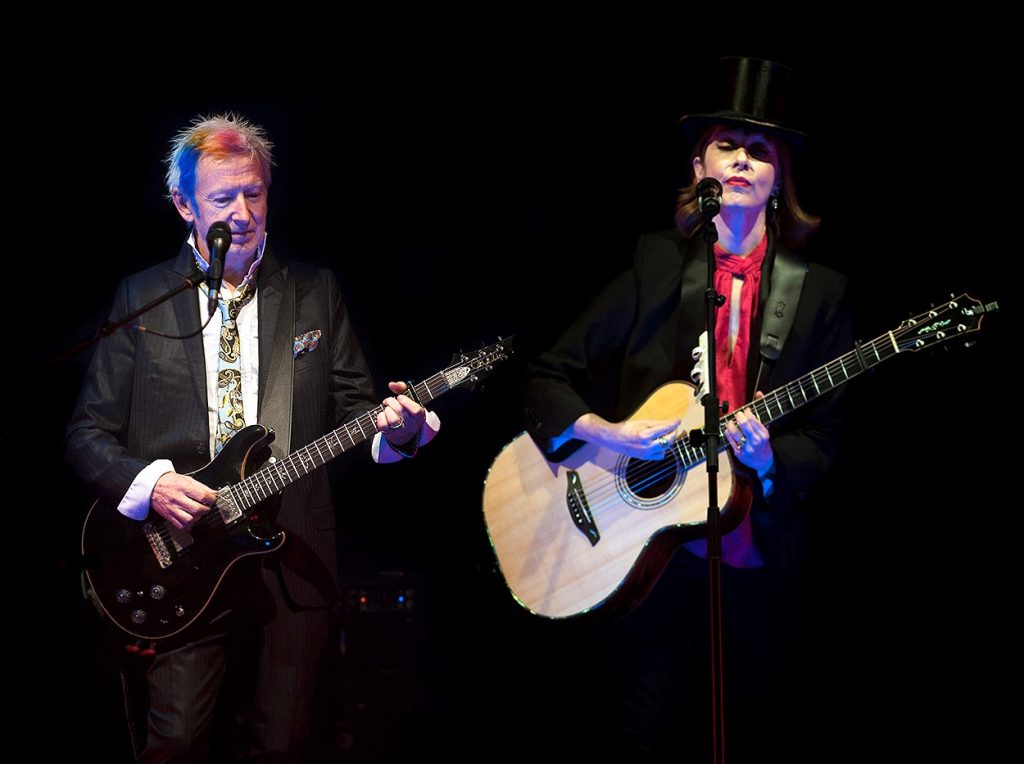
 (4 / 5)
(4 / 5)
It’s amazing to see some fine musicians get to Cardiff, so many don’t. Going around St David’s Hall I was stunned some people were not going in for the warm up act, saying they are just here for Vega. This opening act being Sam Lee, I declared those who didn’t come in for him as fools. I recall Sam from his immaculate set at the Queen Elizabeth Hall back in 2019, his love of all things folk and nature remains the eternal muse. Whilst that fine late night concert would offer up a live stream of nightingales setting down for the night, this warm up was a treat of folksy ballads, Sam’s buttery voice doing laps around the melodies of these sweet, old song from the British Isles. His sweet persona is infectious and his encouragement of a singalong needs little energy in the Welsh capital. A joy to see and hear him again.
Suzanne Vega is know for a few famous songs, though there are other jewels to be mined. Though perhaps most famous for ‘Tom’s Diner’ (one of our giddy encores for the evening), a strident song about a very precise instance in her life. I’m so glad she sang ‘Luca, an incredible touching, full on 90s song about a little boy who is abused by his family. It tugs the heart and still though remains funky. Ever the poet, Vega declare her love for Leonard Cohen and other influences, the song writing capability a fine thing to hear.
Gerry Leonard joined Vega as backing bassist, the sole accompanist on stage and one of immense talent and of subtle impact. The lack of synths and drums made this large, St David’s Hall concert feel rather intimate. It is Vega’s homely nature, her warming appeal and conversational voice that just makes all of us feel calm and contented. Finding ways to describe her voice, it seems there is a uniqueness and familiarity. Perhaps best known for ‘Marlene On The Wall’, an almost country ballad and pop delight with a soft and wide chorus that most should hopefully recognise.
Vega delighted us with attempts to speak Welsh, with some livid fans shouting at her how to say things correctly. Her returning to Welsh later on almost put me in a coughing fit, her humour is quite dry yet open. Stories of past lovers, who then (of course) become songs are treasures, words from her mum and some quips from legend Lou Reed all pepper the evening, though I wouldn’t quite say the evening could be billed as both songs and stories, the former the bulk of the show, as itself.
No one quite does it like her.
Suzanne Vega continues on tour around Europe and the United States

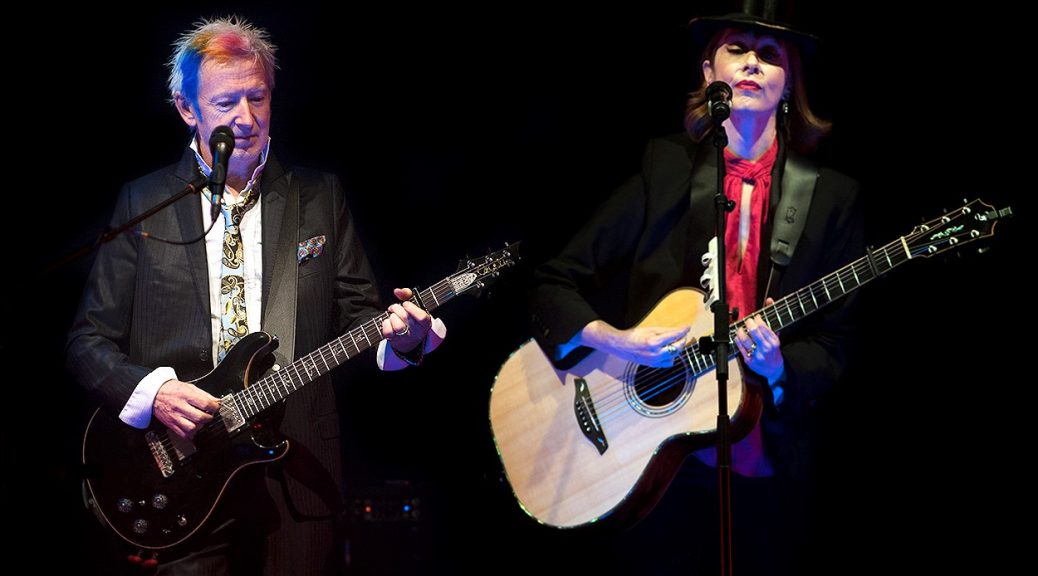
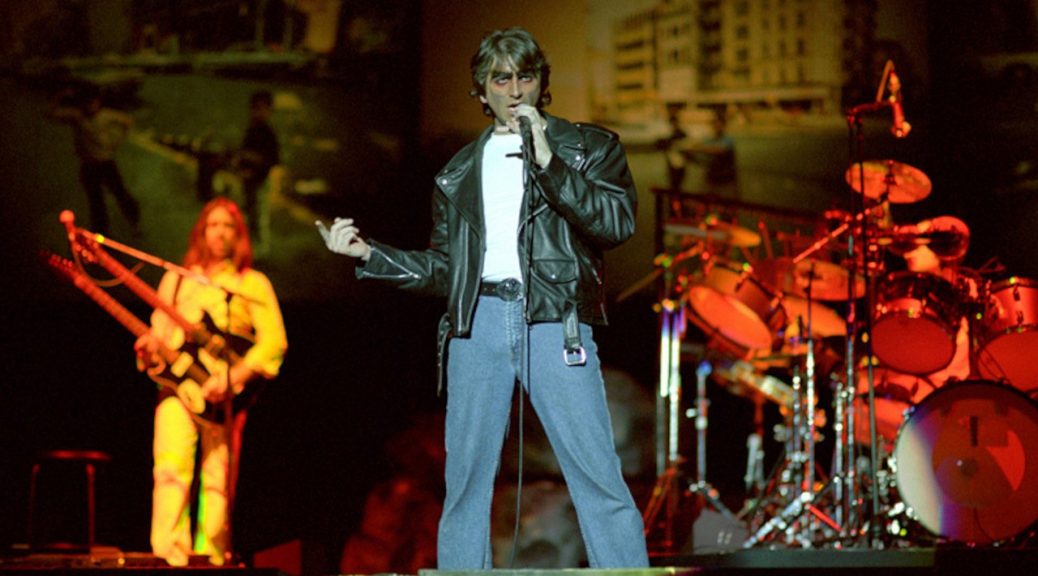
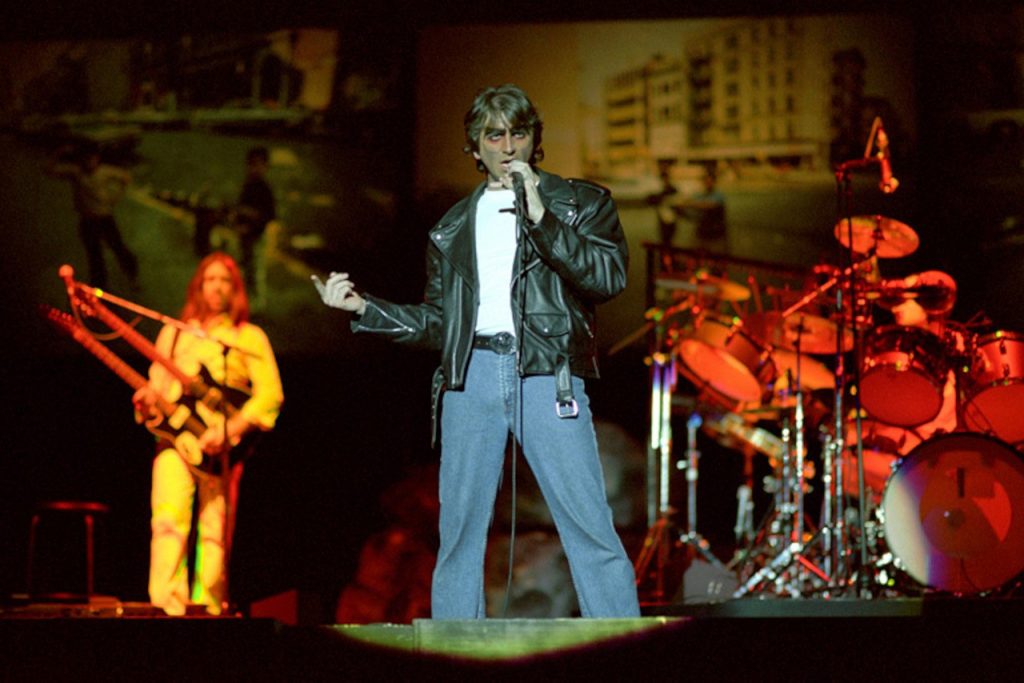
 (3 / 5)
(3 / 5)

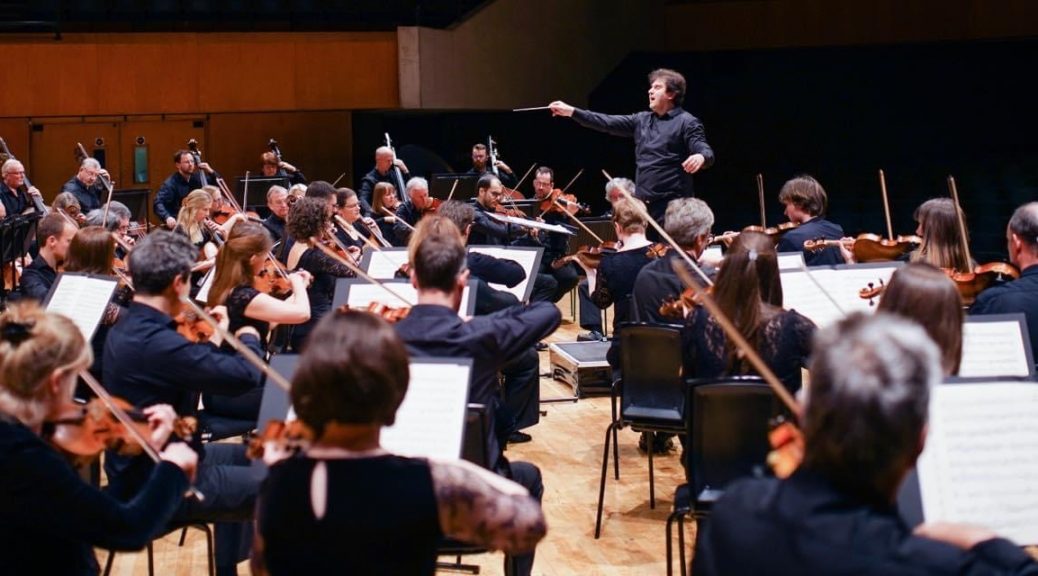
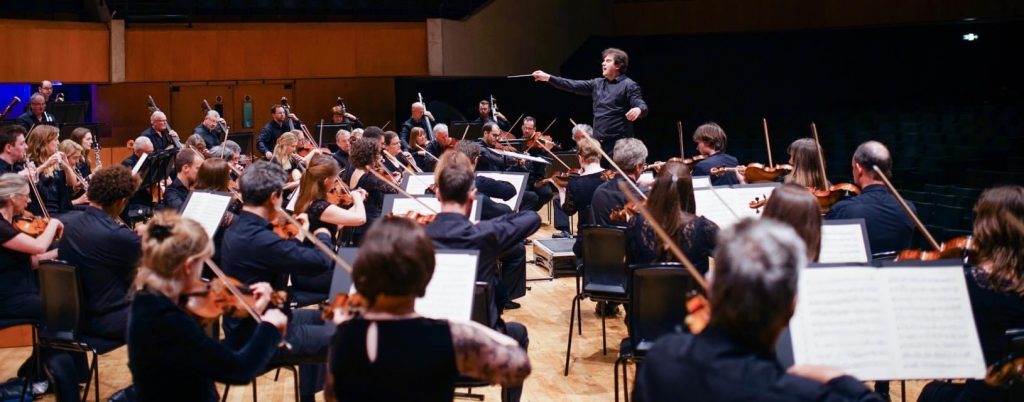

 (4.5 / 5)
(4.5 / 5)